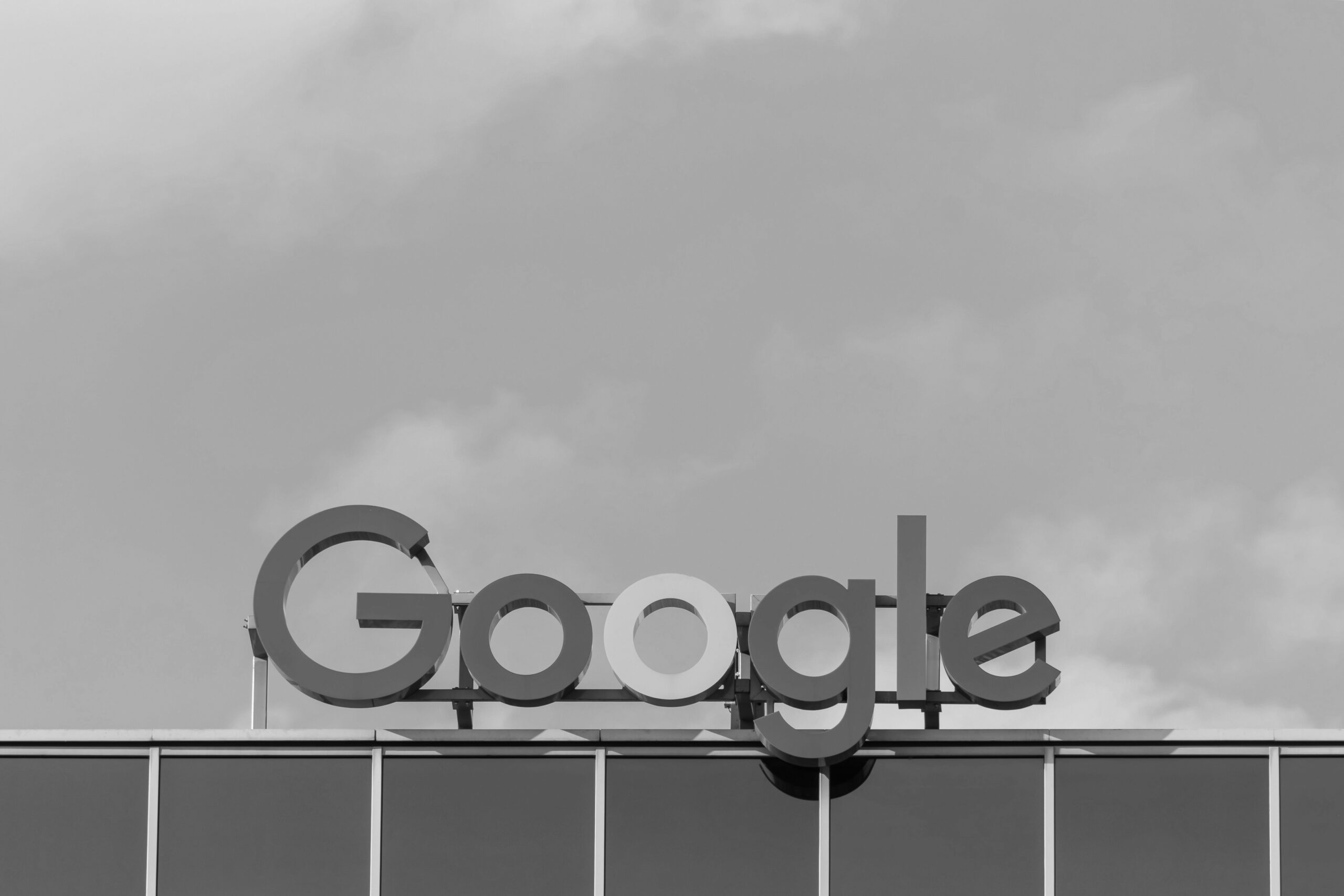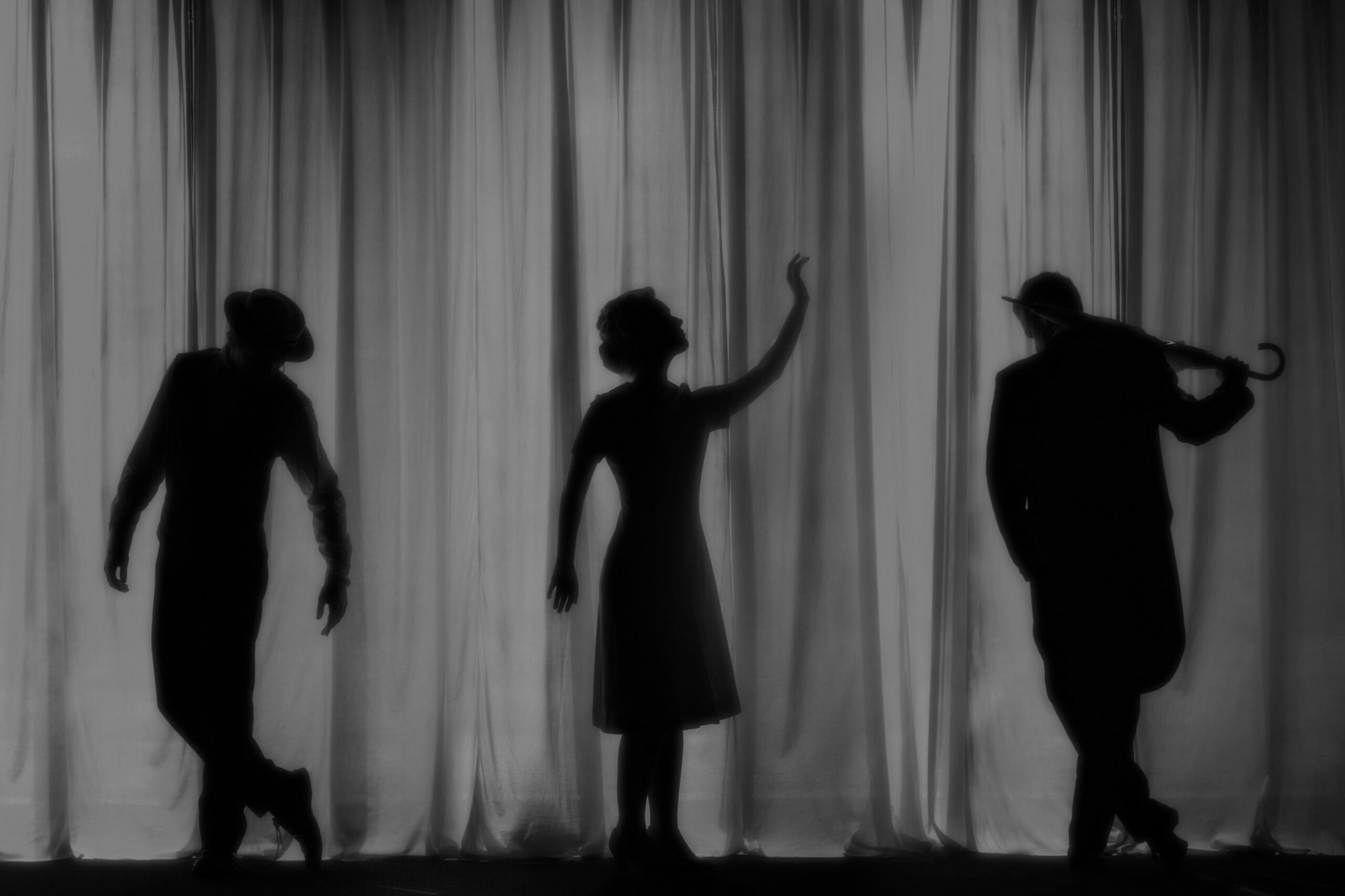To fee or not to fee …. VAT is the question!
Should people in the film industry register for VAT?
People in the film industry need to consider carefully whether or not it’s worth registering for VAT. For some, this isn’t an issue: if you’re self-employed and your taxable turnover is over £85,000 during a 12-month period, you must register. But even if you don’t earn this amount, you can voluntarily register for VAT if you think it would be beneficial.
However, there are various issues to think about before making this decision. Firstly, it only applies if you’re registered as self-employed, as salaried earnings don’t attract VAT. If you’re self-employed, you’re effectively receiving a fee for a service – and this does attract VAT. Most performance work, for instance, is taxable if the person is VAT-registered.
So what are the pros and cons of registering voluntarily for VAT? Here are just a few:
Pros
- You can reclaim the VAT on most goods or services you buy from other businesses. This includes reclaiming VAT on any agent’s fees.
- You can apply VAT to all of your services. This means that you’ll be charging more – but if the organisation paying for your services is VAT-registered, this won’t affect them, as they can claim it back.
- Being registered for VAT can communicate a level of success!
Cons
- You’ll be involved in more complex paperwork and administration, as you’ll need to keep records, including all VAT invoices and receipts, as well as filing quarterly VAT returns. You could also be subject to scrutiny from HMRC’s VAT inspectors.
- If the organisation that pays for your services isn’t VAT-registered, they might baulk at paying the higher charges of a VAT-registered person.
- There’s an added complication with motoring costs due to scale charges if you’re reclaiming VAT on petrol.
Take VAT!
If you decide to register for VAT, you can do so via the HMRC website. There’s a choice of schemes available. In the standard scheme, you pay HMRC by the end of the quarter in which you send your invoices. In the cash accounting scheme, you pay at the end of the quarter in which you receive payment for your invoices (which can ease any cash flow problems).
However, another option that could appeal to people in the film industry is the flat rate scheme. It’s available to those earning less than £150,000 per year (with a 1% reduction in the VAT rate for the first year of registration). Although you still charge 20% extra for your services, you pay a lower, fixed rate of VAT to HMRC depending on your type of work. For instance, actors typically charge 12.5%, whereas people working in film or TV production charge 13%. Unfortunately, the rules have been tightened in the last couple of years, with the introduction of a 16.5% flat rate for businesses that have limited costs, and this could greatly reduce the potential financial benefits of this option. Under the flat rate scheme, you can’t claim VAT back on products and services.
This is just a brief overview – for more detailed help with decisions about VAT, give us a call at The Showbiz Accountant on 0203 3842224 in the UK or +1 424 228 9700 if you’re in the US.


